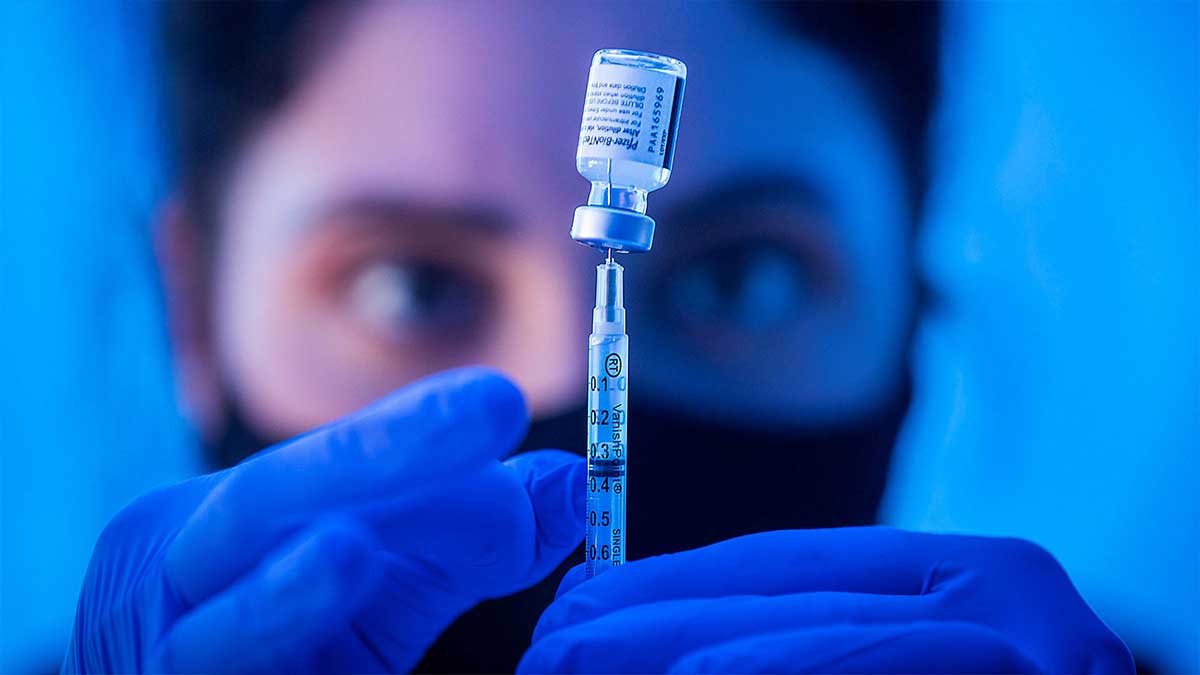Analysts and healthcare investors predict that drugmakers Pfizer Inc, BioNTech, and Moderna Inc will generate billions of dollars from COVID-19 booster shots, a market that might rival the $6 billion in annual flu vaccine sales for years to come.
For months, the companies have stated that fully vaccinated persons will require an additional dosage of their vaccines to retain immunity over time and to defend against new coronavirus strains.
In the face of the fast-spreading Delta variety, an increasing number of governments, notably Chile, Germany, and Israel, have decided to administer booster doses to older residents or persons with weakened immune systems.
Read more: WHO urges rich states to stop booster shots for fairness sake
In addition, the US Food and Drug Administration has approved a booster dosage of vaccinations from Pfizer Inc and Moderna Inc for persons with weakened immune systems.
Just in 2021 and 2022, Pfizer, along with its German partner BioNTech, and Moderna, have secured almost $60 billion in sales of the shots. The deals include a supply of their vaccines’ first two doses, as well as billions of dollars in prospective boosters for advanced nations.
Experts expect revenue of approximately $6.6 billion for the Pfizer/BioNTech shot and $7.6 billion for Moderna in 2023, primarily from booster sales, according to analysts. They believe the annual market will eventually settle at $5 billion or higher, with more drugmakers competing for those revenues.
Indications of diminishing antibody levels in vaccinated persons after six months, as well as a growing rate of breakthrough infections in Delta-affected nations, suggest the necessity for booster shots, according to the vaccine producers.
Preliminary evidence suggests that the Moderna vaccine, which gives a bigger dose at the start, may be more persistent than Pfizer’s jab, but additional research is needed to see if this is influenced by the age or underlying health of the people who receive the vaccination.
As a result, it’s unclear how many people will need boosters and how often they’ll need them. The number of rivals who enter the market may limit the earning potential of booster shots. Furthermore, some experts doubt whether there is sufficient proof that boosters are required, particularly in younger, healthy individuals.
Governments have been encouraged by the World Health Organization to delay booster shots until more people around the world have received their first doses.





















